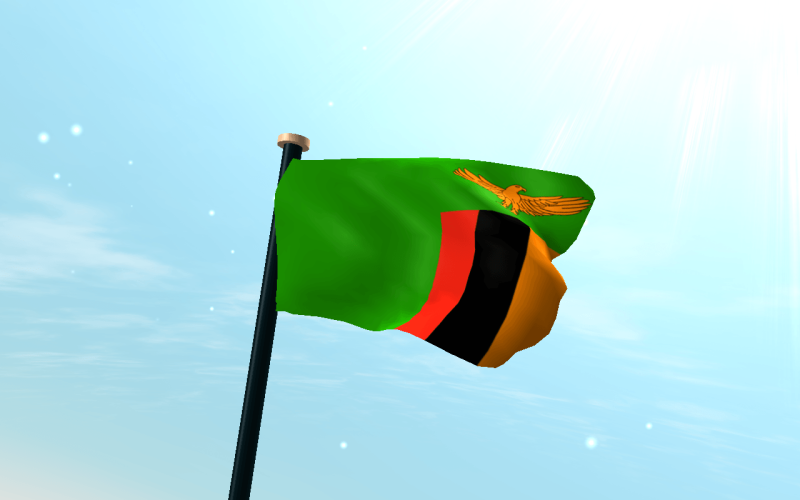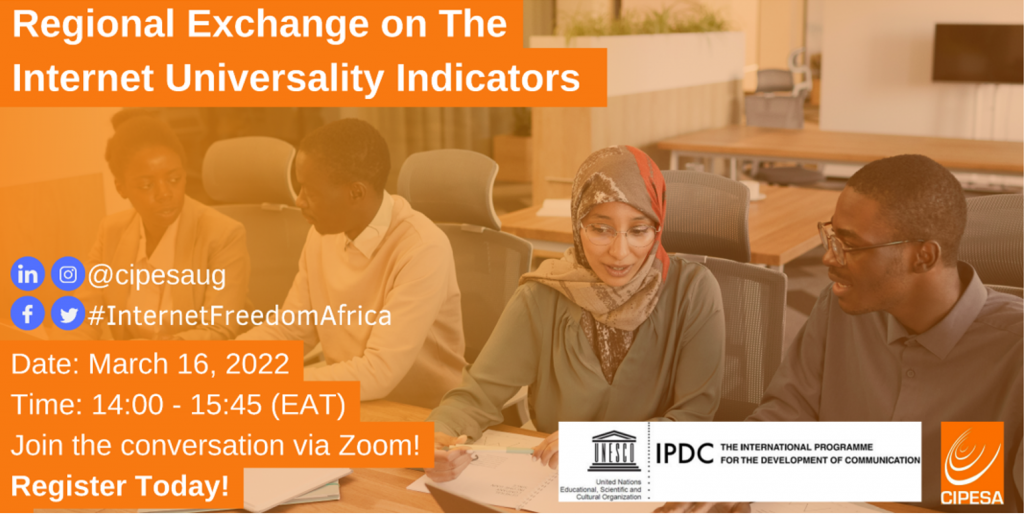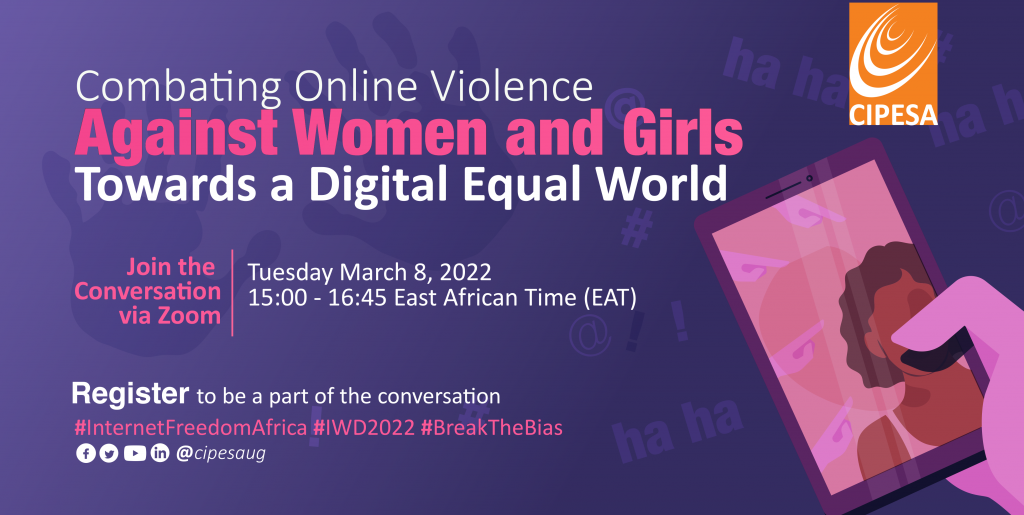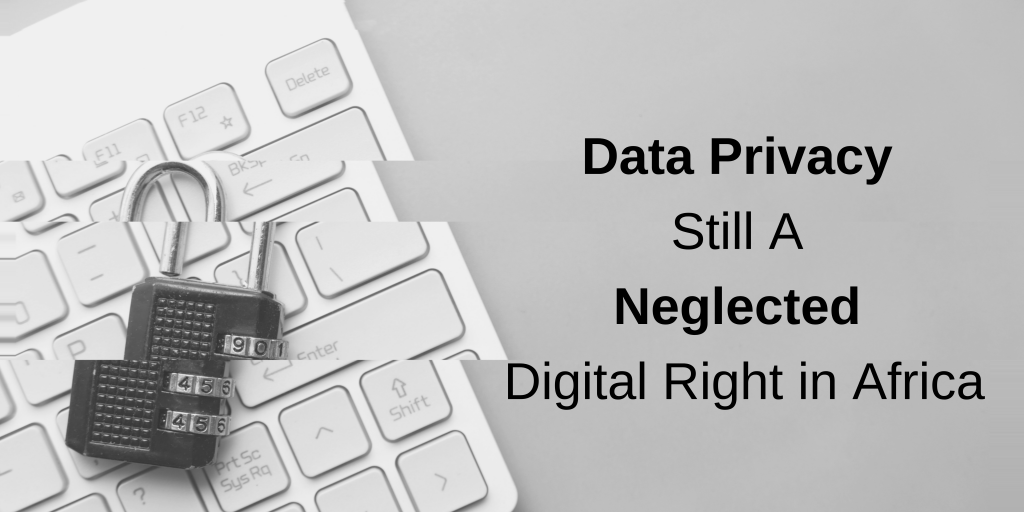FIFAfrica 22 |
The Zambia Ministry of Technology and Science has partnered with the Collaboration on International ICT Policy for East and Southern Africa (CIPESA) to co-host the 2022 edition of the Forum on Internet Freedom in Africa (FIFAfrica22). The partnership is premised on the Ministry’s mandate to collaborate with industry and the wider private sector actors towards accelerating digital transformation.
“We are delighted to welcome you to Lusaka for the ninth edition of the Forum on Internet Freedom in Africa (FIFAfrica22) from 26th to 29th September 2022. Zambia has embarked on an ambitious journey to transform its economy by leveraging on the benefits of technology, and innovation among others”, said Honourable Felix C. Mutati, MP, Minister of Technology and Science in a statement.
Honourable Mutati added that the Ministry was working to create an enabling policy and legal environment for multi-stakeholder participation in the process which is buoyed by government’s commitment to:
- The implementation of the digital economic transformation agenda which aims to position the republic of Zambia as key for partnerships and investments;
- Enhancing the role of science, technology and innovation by, among other things, strengthening partnerships in research, innovation and technology development and adoption such as nuclear and space sciences; and
- Enhancing the development of skills for the actualisation of the above.
“You will be amazed at the vast potential that this country possesses. From the energy and enthusiasm of the young innovators to a government that is keen to support multi-stakeholder engagements. At FIFAfrica22, my team and I will be ready to meet with you, deliberate with you and guide you towards opportunities for collaboration and investment in the areas of innovation and internet freedom,” stated the Minister.
Indeed, the decision to host FIFAfrica22 in Zambia was in recognition of the country’s progress in digitalisation and democracy.
“We are honoured to be co-hosting FIFAfrica with the Ministry of Technology and Science. The partnership speaks to the Forum’s success in attracting the support of governments that are keen to understand and engage on their countries’ positions and actions on technology, the digital economy, rights and governance,” said CIPESA’s Executive Director, Dr. Wairagala Wakabi.
FIFAfrica22 will be the third edition of the annual Forum to be hosted in partnership with a government entity. In 2019, the Forum was hosted alongside the Ethiopian Ministry of Innovation and Technology while in 2021, CIPESA partnered with the Ministry of Foreign Affairs of Slovenia, Presidency of the Council of European Union 2021 towards promoting Europe-Africa cooperation on digital rights.
Previous editions of the Forum have been co-hosted in various countries and in partnership with global and pan-African digital rights organisations. In 2017 the Forum was co-hosted with the Association for Progressive Communications (APC) in South Africa, and in 2018 FIFAfrica was hosted alongside the Media Foundation for West Africa (MFWA) in Ghana. In 2020, a hybrid edition was hosted in partnership with Nigeria-based Paradigm Initiative.





